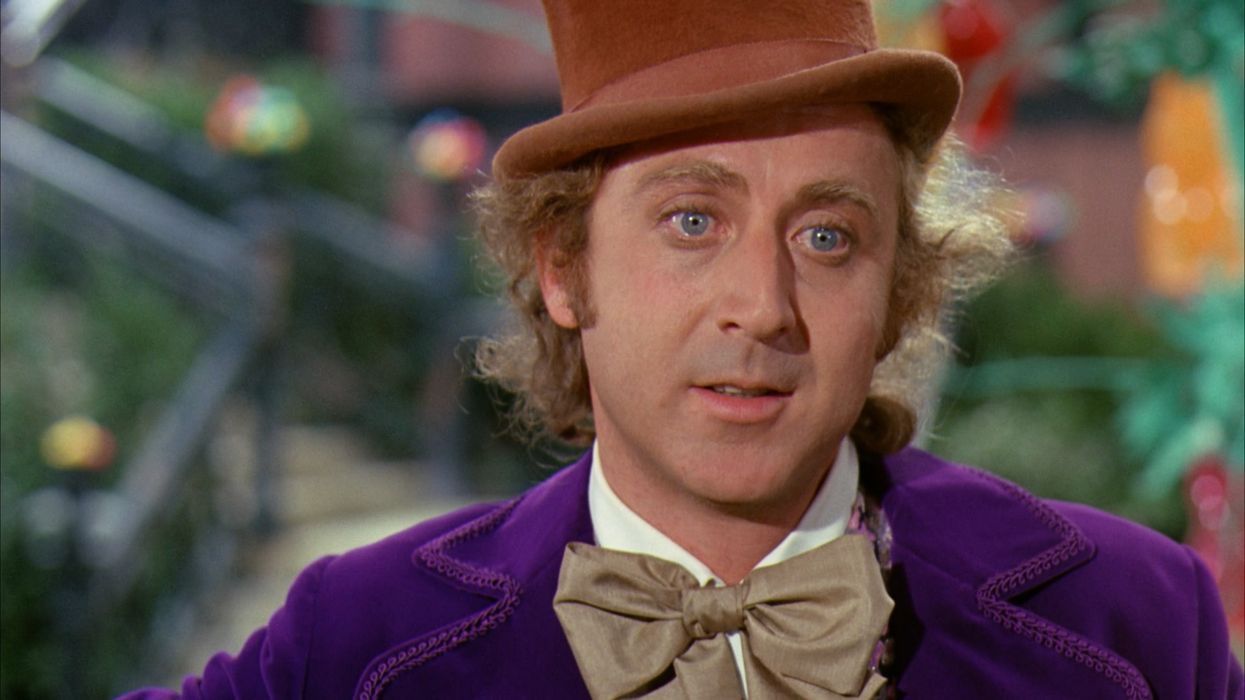RIP Gene Wilder: How the Legend Changed Comedy
Looking back at some of the most memorable performances in a brilliant career.

Gene Wilder, comedy legend and star of classics such as Willy Wonka and the Chocolate Factory and Young Frankenstein, died Monday at the age of 83. According to Variety, the star's nephew, Jordan Walker-Pearlman, said the actor died of complications from Alzheimer’s disease at his home in Stanford, Connecticut. In a statement, Pearlman (an Independent Spirit-nominated filmmaker for The Visit) said, according to the A.P., that although Wilder had been diagnosed with the disease three years ago, he did not disclose his condition because he "simply couldn't bear the idea of one less smile in the world."
Born Jerome Silberman in Milwaukee, Wisconsin in 1933, the actor developed his comic talents at an early age. According to Biography, "his mother, Jeanne, was often ill from complications from rheumatic heart disease, and a doctor warned the eight-year-old Jerome, 'Don't ever argue with your mother... you might kill her. Try to make her laugh.'" Wilder heeded the advice, and after catching the acting bug, he studied theater and fencing at the legendary Old Vic in Bristol, England. His first role was as a hostage in the groundbreaking 1967 Arthur Penn film Bonnie and Clyde, a movie that was in many ways a herald of the New Hollywood of the '70s (and had originally been set to be directed by French new wave auteur Jean-Luc Godard).
At age 26, he had changed his name to Gene Wilder, derived from the character Gene in Thomas Wolfe's novel Look Homeward, Angel, and the playwright Thornton Wilder. During a production of Bertolt Brecht's Mother Courage and Her Children, Wilder met Anne Bancroft, Mel Brooks' girlfriend and future wife. Brooks and Wilder forged a friendship and Brooks cast Wilder in his second role, starring opposite the legendary Zero Mostel in in The Producers.
Though the film was a flop, Wilder was nominated for an Academy Award for Best Supporting Actor, and was cast in one of his most legendary performances: Willy Wonka and the Chocolate Factory, an adaptation of Roald Dahl's book. It was a subversive movie for children that had a stinging bite and gained him a legion of young fans.
Wilder reunited with Brooks for two genre-bending films in 1974: the Western unlike any other, Blazing Saddles, and the horror comedy Young Frankenstein, in which he played the American relative of the original Dr. Frankenstein. As a co-writer with Brooks, Wilder received his second Academy Award nomination.
The actor would go on to make several films with Richard Pryor, as well as to marry comedic legend Gilda Radner in 1984. After her death in 1989 from ovarian cancer, Wilder started the charity organization Gilda's Club. In 1999, he was diagnosed with non-Hodgkin's lymphoma and largely disappeared from the movie business.
"I love acting, especially if it's a fantasy of some kind," Wilder once said. His singular contributions to the art of comedy helped revolutionize the form in the '70s as much as Saturday Night Live. He will be missed.











